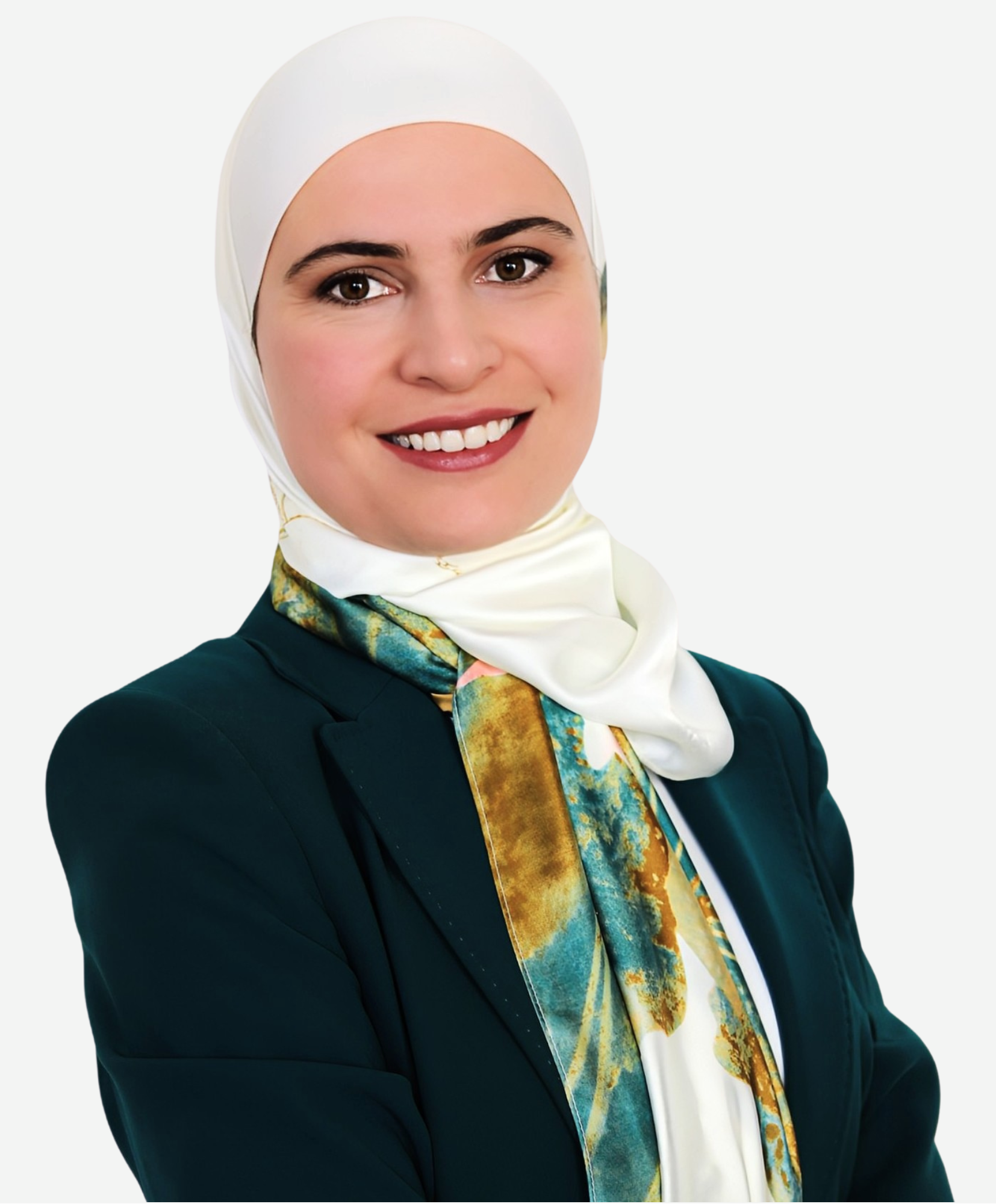
DWI Alumna Aman Ishaqat Receives Prestigious Schmidt Science Fellowship
For her outstanding research in the field of drug delivery during her dissertation, Dr. Aman Ishaqat has been awarded the prestigious Schmidt Science Fellowship. Additionally, she has been invited to this year's Lindau Nobel Laureate Meeting in Chemistry, where she will have the opportunity to meet renowned Nobel Laureates from recent years.
Dr. Ishaqat has been selected as a Schmidt Science Fellow in 2025 for her excellent work on drug delivery systems. She was nominated for the fellowship by RWTH Aachen and is receiving recognition for her dissertation, which she completed at the DWI – Leibniz Institute for Interactive Materials (DWI) and at RWTH Aachen under the supervision of Professor Andreas Herrmann.
The Schmidt Science Fellows program is a highly regarded initiative that supports outstanding early-career scientists from around the world. It provides an annual fellowship of $100,000. A key feature of the program is its interdisciplinary nature: Fellows are encouraged to continue their postdoctoral research in a new field and at a different institution than their alma mater to gain new scientific perspectives and further develop in a different scientific environment. The appointment to the fellowship is based on outstanding research conducted at the applicant's home institution.
Advancements in Drug Delivery through Nanotechnology
Aman Ishaqat completed her Bachelor’s and Master’s degrees in Pharmaceutical Sciences in Jordan before pursuing a Ph.D. in Chemistry at RWTH Aachen and DWI. There, she worked in the research group of Andreas Herrmann on innovative methods for targeted drug delivery. These technologies play a crucial role in modern medicine, as conventional methods are often not precise enough and can lead to undesired side effects.
Her research focuses on advancing nucleic acid delivery systems, integrating principles of polymer mechanochemistry, controlled drug release, and DNA nanotechnology. Her goal was to develop smart, location- and time-controlled drug delivery systems that are activated only by specific triggers.
In her dissertation, she developed two innovative strategies for on-demand drug release, using ultrasound and enzymes as physical and chemical triggers, respectively. Inspired by polymer mechanochemistry, she designed a mechanically responsive drug delivery system based on DNA nanomaterials. This system was designed to respond to low-intensity, high-frequency medical ultrasound, allowing for precise spatial and temporal release of therapeutic nucleic acids. Her approach opens up new possibilities for applying polymer mechanochemistry in medicine and could potentially be adapted for other small molecules and proteins.
In addition to being selected as a Schmidt Science Fellow, Ishaqat has been invited as one of about 600 young scientists from around the world to this year’s Lindau Nobel Laureate Meeting in Chemistry. There, she will have the chance to network with colleagues and Nobel Laureates, exchange ideas, and engage in fruitful discussions. The 74th Lindau Nobel Laureates Meeting (Chemistry) will take place from June 29 to July 4, 2025, in Lindau, Germany. Approximately 35 Nobel Laureates from recent years will attend the event.
Dr. Aman Ishaqat is currently continuing her research at the Technical University of Munich since March 2024. As a 2025 Schmidt Science Fellow, Aman plans to advance CAR-cell immunotherapy for cancer and other diseases, making it more effective and safer to improve patient outcomes worldwide.
